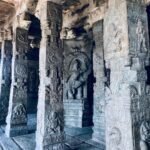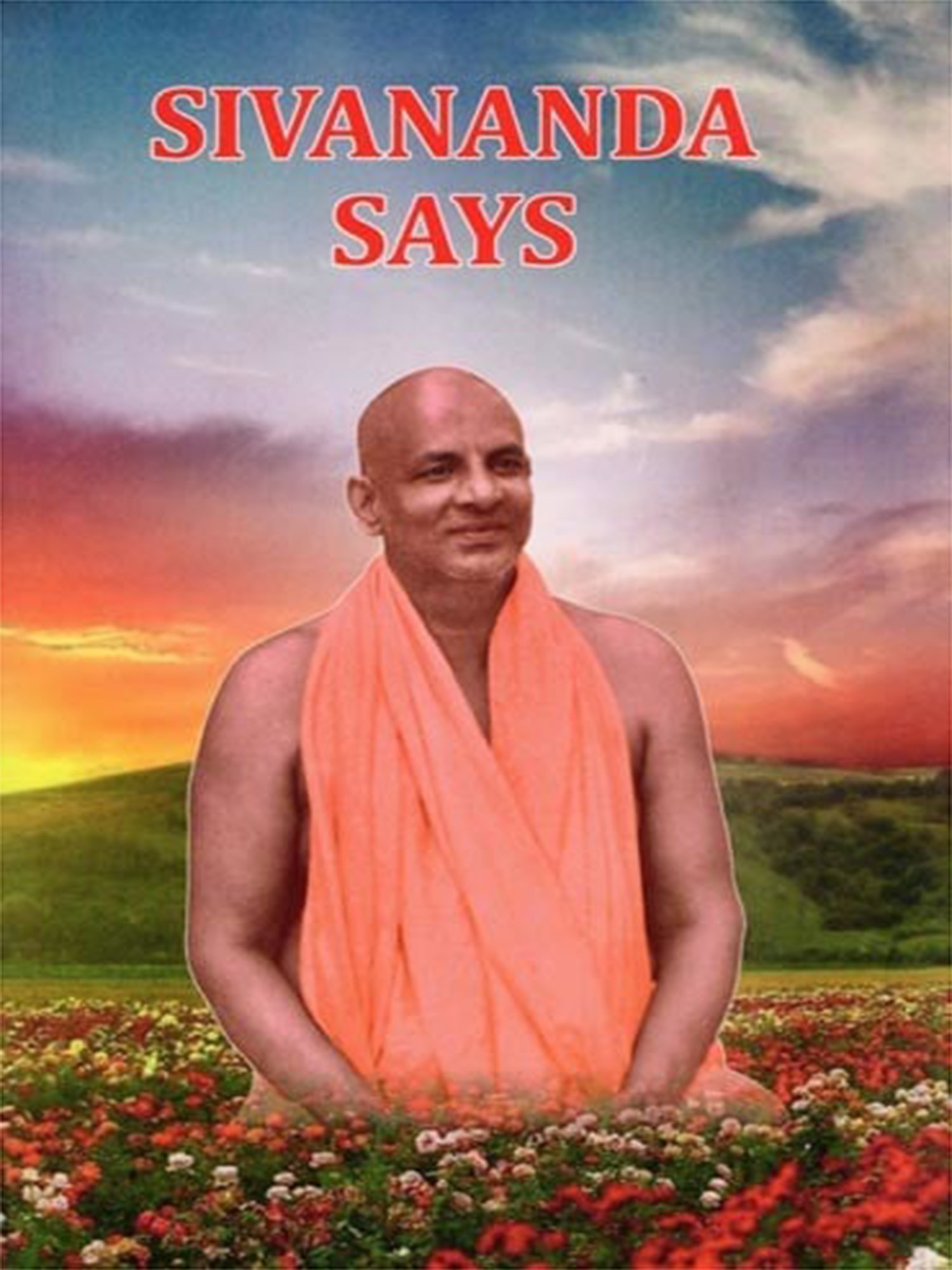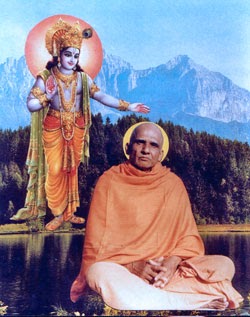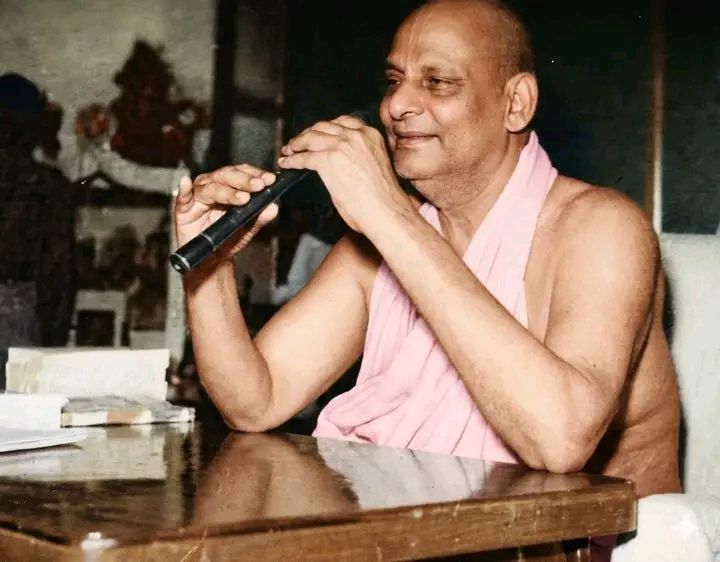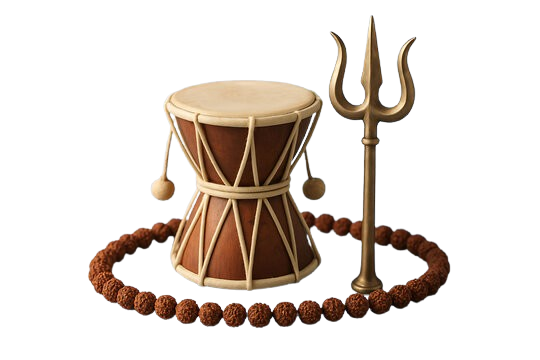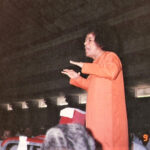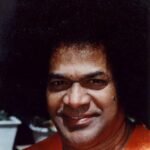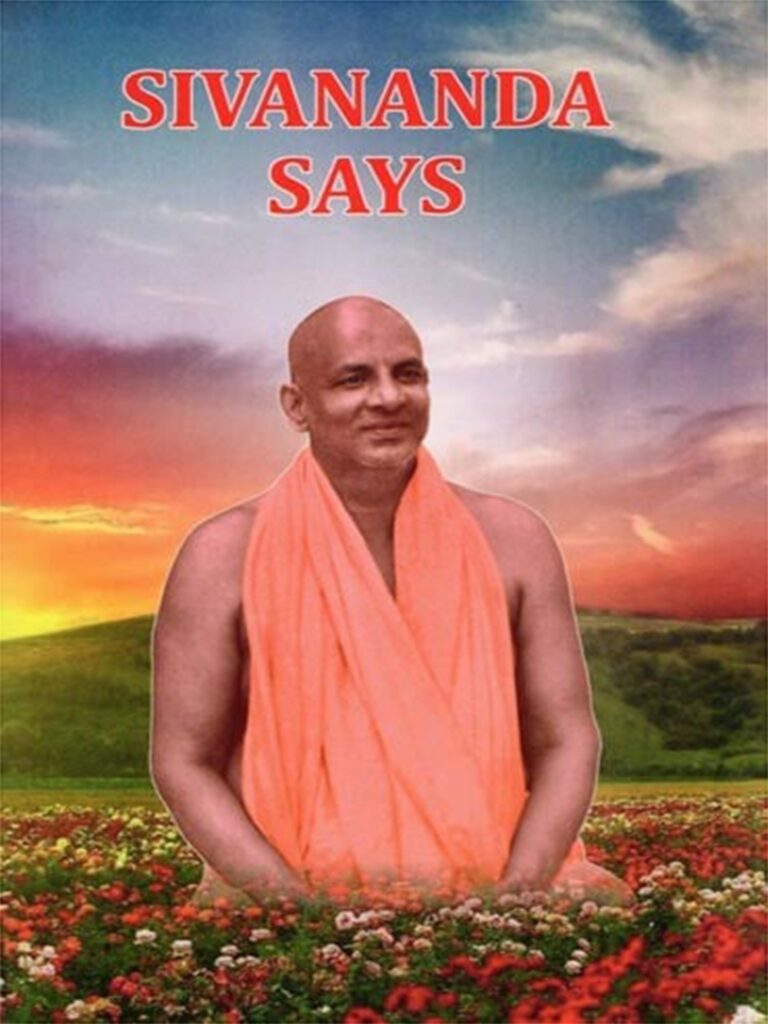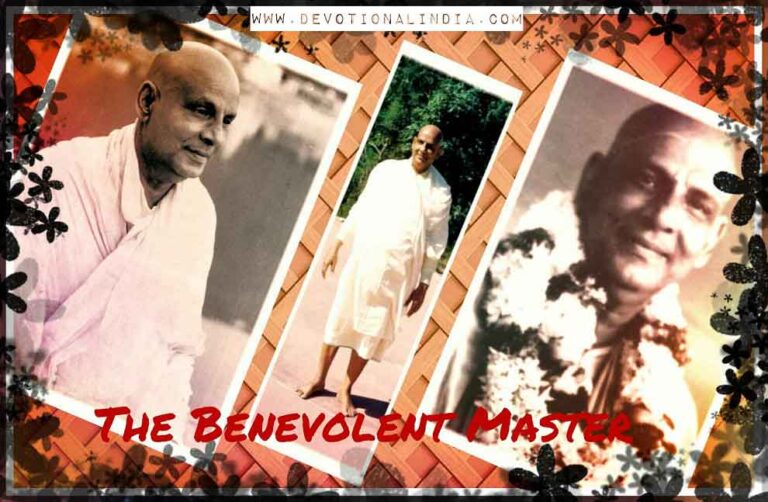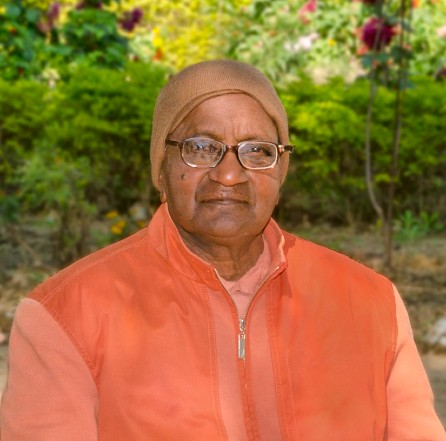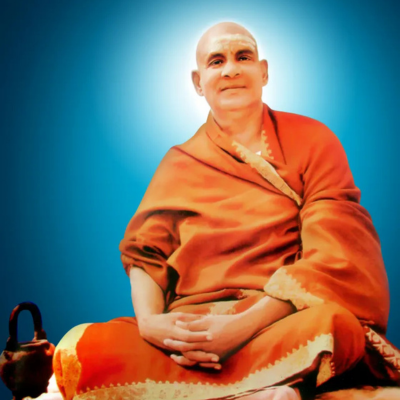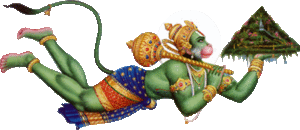Devi Bhujangam
Devi Bhujangam
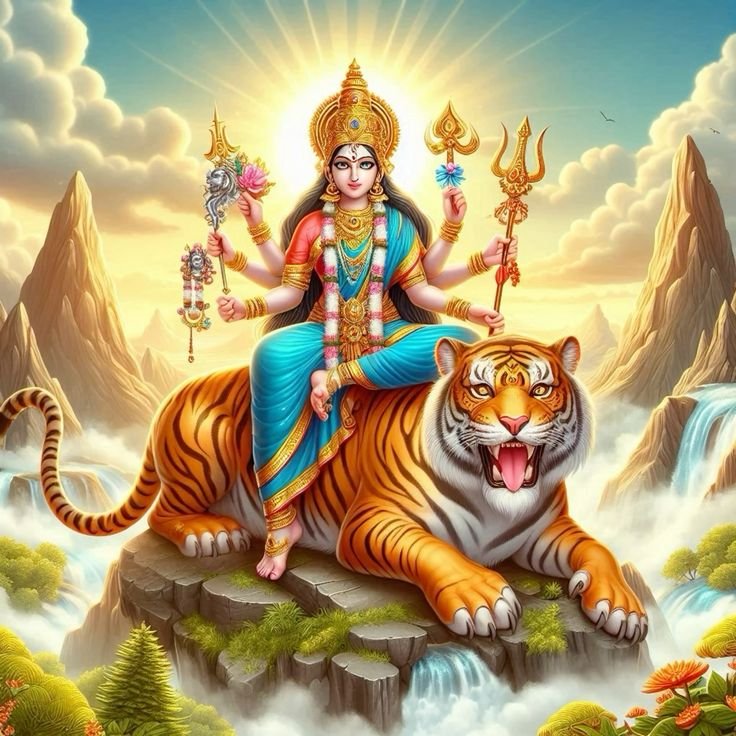
Devi Bhujangam is a sacred hymn composed in the flowing bhujanga metre, dedicated to the Divine Mother, who is revered in Sanatana Dharma as the cosmic energy that sustains, protects, and liberates creation. The word bhujangam means “serpent,” and the metre is designed to resemble the gliding motion of a snake, creating a melodious and soothing rhythm that enhances the devotional mood of the composition. This hymn is traditionally attributed to great masters like Adi Shankaracharya, who composed many bhujanga stotras in praise of various deities to guide spiritual aspirants on the path of devotion and realization. In the Devi Bhujangam, the Divine Mother is praised as Durga, Kali, Parvati, Lakshmi, and Saraswati—the embodiment of power, wealth, knowledge, and compassion. She is seen as the remover of fear, the slayer of demons representing inner negativities such as ignorance, ego, and desire, and the eternal source of strength for her devotees.
The verses of the hymn portray Devi as seated on the lion, holding weapons to protect the righteous and destroy adharma, while simultaneously showering blessings on her children with motherly affection. The poetic imagery often includes references to her dazzling form adorned with jewels, her lotus-like eyes radiating compassion, and her countless hands symbolizing her infinite powers. Chanting or meditating upon the Devi Bhujangam is believed to grant inner courage, clarity of mind, and freedom from suffering.
For householders, it brings prosperity and harmony; for seekers, it leads to wisdom and detachment. The philosophical depth of the hymn reflects the Advaita vision of the Divine Mother not merely as a form but as the very substratum of the universe—the Shakti without which Shiva, pure consciousness, cannot manifest. Thus, Devi Bhujangam beautifully weaves devotion with philosophy, urging devotees to recognize the Divine Mother both as an external protector and as the inner energy animating all beings. Festivals like Navaratri and Durga Puja often feature the recitation of stotras such as Devi Bhujangam, filling temples and homes with vibrations of devotion, music, and surrender. The hymn reminds devotees that the Goddess is not distant but ever-present, responding to sincere prayers with grace and compassion.
By surrendering to her, one gains protection from worldly troubles and is guided towards liberation from the cycle of birth and death. In essence, Devi Bhujangam is not only a poetic prayer but also a spiritual map leading the soul from fear to fearlessness, from duality to unity, and from worldly bondage to divine freedom. Even in modern times, the chanting of Devi Bhujangam continues to inspire faith and inner strength, making it a timeless treasure of devotion.


